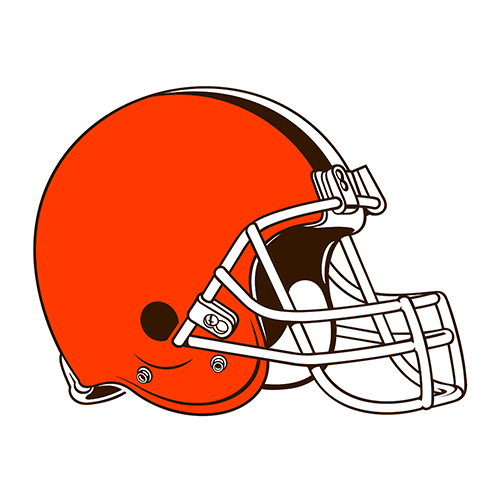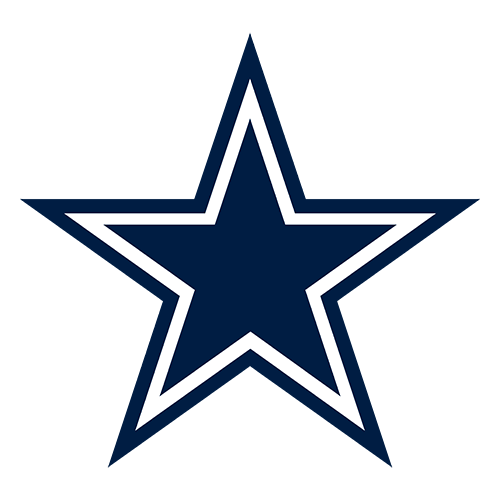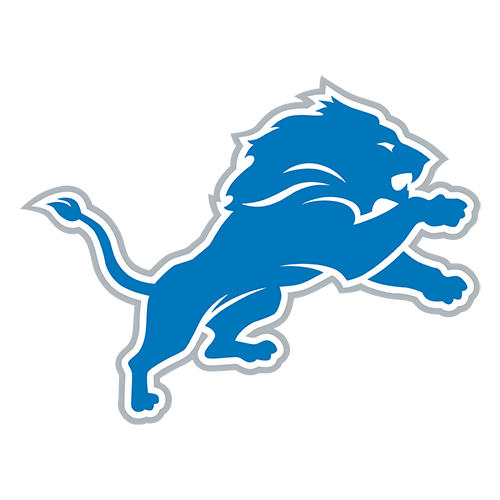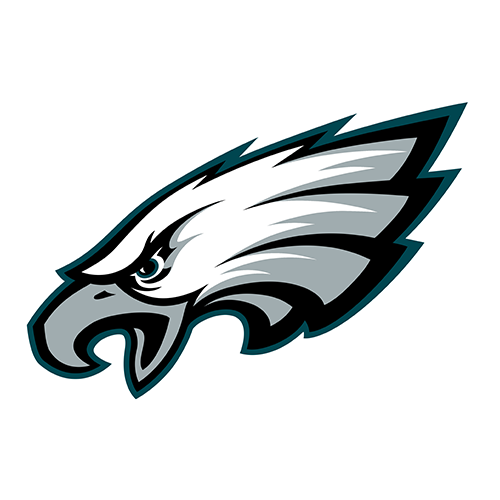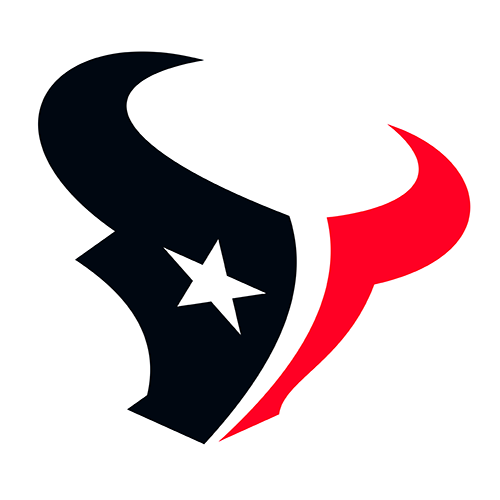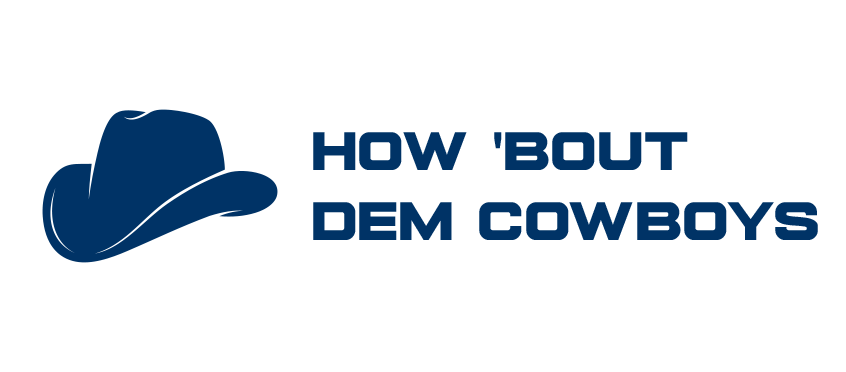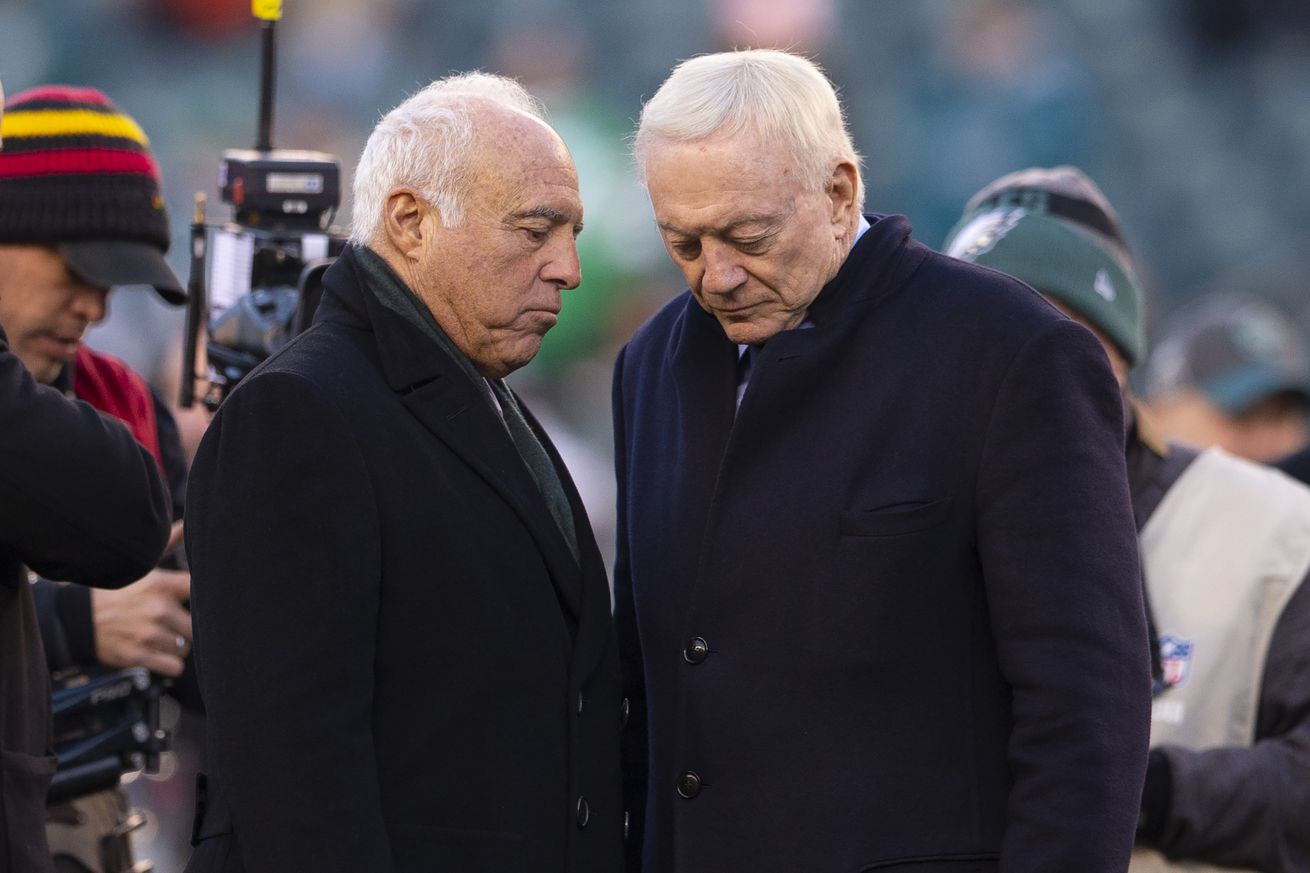
Jerry Jones could not be farther away from the way an NFL owner should act if they care about winning.
It has often been said that the NFL is a copycat league. People look to the way the successful teams are working and try to emulate it in hopes of having their own success. That is common sense.
In the coming months we will see a lot of teams try to make themselves in the image of the Philadelphia Eagles and that makes sense given how Philly just dismantled the Kansas City Chiefs for their second world championship since 2017. The reality is that, as much as we hate them, the Eagles are a model franchise in modern times in terms of how they go about the football part of their business.
That last sentence is important when talking about and assessing the Dallas Cowboys. The “football” of everything tends to get lost in the everything else which makes the thing that fans care most about seem to suffer. A drought, whether Stephen Jones wants to call it that or not, only reaches three decades for a reason.
If the Cowboys are taking any page out of Philly’s playbook this offseason then there are a number of things to choose from. But chief among them, no pun intended, should be the way that ownership goes about caring for the football part of the operation.
Jerry Jones could learn a lot from Jeffrey Lurie
Maybe you care about the Cowboys being the most valuable professional sports franchise in the world. Around 10 years ago it was a cool thing to say and a weird point of pride. Obviously that has gotten old as the franchise has continued to falter.
Bragging about the financial value of the team is sort of bragging about team ownership and that is something that sports fans rarely do; however, Eagles fans have every reason to brag about their ownership because Jeffrey Lurie seems to understand what they want.
Consider that Lurie bought the Eagles just five years after Jerry Jones bought the Dallas Cowboys. Comparing which owner is more successful seems like a waste of time, but consider that the latter now only has one more title than the former.
Albert Breer had a great piece about Lurie and his ownership of the Eagles relative to the success that they have had over the last decade. One part stood out where Lurie discussed finding financial liberty to keep the team competitive on an annual basis.
“My philosophy is …” Lurie said, pausing for a second to consider the question. “You’re obviously trying to run a sound business, but I think success is determined by your success on the field and your success in the community. And so anything you can do to maximize those two, the value of the team is going to be appreciated more by your performance and your reputation in the community than anything else. It’s not going to be the EBITDA in a certain year, or two or three or four.
“There’s a reason we just sold limited partnerships for the highest price in sports history. It wasn’t based on being the most profitable team at all. It’s based on the performance over time and the reputation in the community and the forecasting of where we hope to be able to sustain over the next multiple years. It’s much more than the financial bottom line. Now I guess you could get criticized by some Wall Street analysts, but we don’t operate that way. We just don’t operate that way.”
Indeed, Lurie sold 8% of the Eagles in December to two family investment groups, with the valuation of the franchise coming back at $8.3 billion. That meant Lurie got $664 million, or roughly three-and-a-half times what he paid for the entire team in 1994, for a small percentage that, as he sees it, will allow him to continue investing back into the team.
That last paragraph is the most important and perhaps the most telling with regards to the future of NFL franchises. The league is so popular and lucrative nowadays that while the worth of them continues to skyrocket, the idea that any one person or level of financial backing could support it all has grown to seem impossible. It is easy to understand how Lurie sold a minority share of the Eagles to generate some liquid cash that could be used to be aggressive relative to the current day team. That makes sense.
Consider that this seems to be a philosophy that even the New York Giants – one of the league’s true Tiffany brands – are looking to sell up to 10% of their team. It is worth noting that the league only began to allow private equity firms to purchase stakes in teams (up to 10% so the Giants piece makes sense) late last year. This is a relatively new sector of the wild west that is these high financial waters.
But Jeffrey Lurie is an example of being at the forefront of that and using it to his advantage in terms of on-the-field successes for the Eagles. Can any one of us imagine a world where Jerry Jones and Co. sell a minority stake in the Cowboys in an effort to generate some cash so that they can be equally aggressive? It sounds to be in the best interest of the team, but it involves adding more people to the mix which runs counter with the way the Cowboys have been run in the Jones era.
Ultimately the Cowboys can hire whoever they want to be on their coaching staff and try to draft the best players possible. That may someday lead to a perfect lining up of things that sees them finally end this drought. But until the ownership starts acting with the same tenacity as others in the NFL, they are always going to start off behind everyone else. Or at least behind the best teams.
